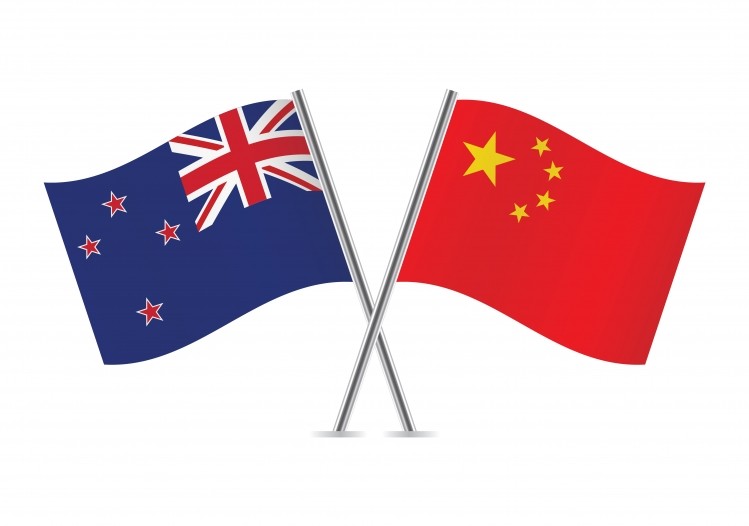Kiwi supplement and health food firms targets for Chinese takeovers as dairy deals come under increased scrutiny

According to Kiwi law firm Chapman Tripp “value-added food and nutraceuticals” are hot sectors for takeover bids, with Chinese investors becoming wary of major dairy deals due to extensive government and media scrutiny.
“In our experience, a key driver for Chinese investors is to develop or obtain brands, products or know-how, which can then be exported and sold to the significantly larger Chinese domestic market,” it said.
We recently reported that New Zealand supplement firm Better Health Co, which owns the GO Healthy brand, sold an 80% stake to an Asian private equity fund to help it tap into international markets.
ORA New Zealand, controlled by China Diamond Holdings, acquired the stake for an undisclosed sum after it was approved by national financial and land regulators.
Other notable deals in the food and nutrition space include Shanghai Pengxin’s application to purchase over 7800ha of substantial dairy farming assets (the Crafar Farms), Shanghai CRED Real Estate’s purchase of Karikari Winery Estate and Beijing Sanyuan Food’s successful Overseas Investment Office (OIO) application in relation to its restructure of assets involving sensitive land in New Zealand.
While dairy still tops the list for Chinese investment in New Zealand, with 21% of all OIO approved applications last year, Chapman Tripp said the takeover targets were becoming more varied.
“The stereotypical view of Chinese investment in New Zealand is that it focuses on dairy farms. However, the statistics from the OIO for 2016 show a more diverse story, with investment in land development and property projects, forestry, education, pharmaceuticals and waste management,” said the firm.
Sensitive land
It said Chinese investors were increasingly looking to sectors such as nutraceuticals due to concerns over acquisitions in the dairy and meat space.
“There is a view among some Chinese investors that the level of scrutiny (by the Government, the media and the New Zealand public alike) of Chinese agricultural investments in New Zealand is disproportionately high. This sentiment could result in Chinese investors shifting focus further towards investments which do not involve the acquisition of “sensitive land” (particularly rural land) in 2017,” added Chapman Tripp.
However, it stressed that Chinese investment continued to bring benefits to the country.
“One of the Overseas Investment Act’s criteria for certain deals is that the investment will result in benefits to New Zealand – for example, creating new job opportunities, increasing export receipts, marketing competition and efficiency. In Shanghai Maling’s application to invest in Silver Fern Farms, the OIO considered that the investment would allow Silver Fern Farms to increase its exports.
“Recently, the OIO-approved Chinese company Cuilam Industry’s purchase of Southland’s Prime Range Meats on the basis that the investment would provide jobs, increase efficiency/productivity and increase export receipts, as well as provide additional investment for development purposes.”
The law firm also pointed out that regulatory restrictions for transactions which result in a capital outflow of US$50m have recently been put in place in China.
“Given the average deal size here is lower than in other countries, this will have less impact on Chinese investment into New Zealand, and may see greater Chinese focus on New Zealand investment opportunities,” stated the firm.









